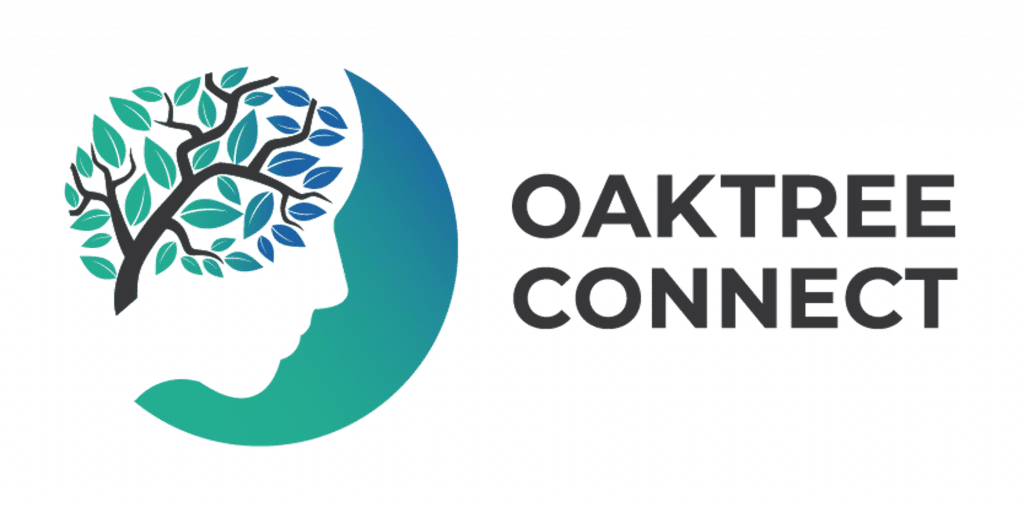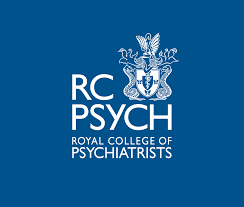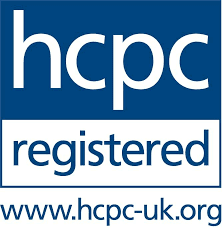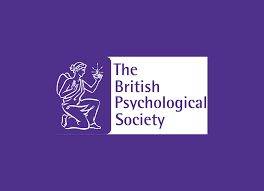Other Disorders Assessment and Treatment

No waiting list
GP Referral Not Required
Payment in instalments
Anger issues, bereavement, and phobias are all examples of problems that young people may face
At Oaktree Connect, we can assess and treat these issues with expert psychologists
Care for Anger and Aggression at Oaktree Connect
We offer online and face-to-face assessments and treatment with expert psychiatrists and therapists
Anger is one of the primary and natural emotions. Anger is useful in situations where we may feel threatened or afraid and it can help us to survive then. Anger can become a problem when it is persistent, not expressed or dealt with properly. If a young person’s anger is not expressed, this can lead to bottled up emotions and then expression through disruptive behaviour or “acting out”. Anger is especially an issue if the behaviour becomes aggressive and causes harm to themselves, and others or stops the young person from enjoying their school and home life.
Facts about Anger and Agression

In the UK
Almost a third of people polled (32%) say they have a close friend or family member who has trouble controlling their anger (Boiling Point Report, 2008).
More than one in four people (28%) say that they worry about how angry they sometimes feel.
Reasons for Anger
- Problems within friendships
- Being bullied
- Unable to express themselves properly
- Difficulty with schoolwork
- Issues at home, such as witnessing family members arguing
- Loss or bereavement
- Feeling stressed or anxious about something
- Hormonal changes during puberty
It is important to remember that children and adolescents feel anger in the same way and for similar reasons to adults. Sometimes it may not be clear as to why a child is feeling angry, therefore, in these situations it is important to support the young person in dealing with their emotion. This may involve providing a safe space for expression and allowing the individual to explore and express their feelings in a constructive way.

Support
Although anger can be distressing and an unpleasant emotion, there are many ways a young person can be supported to help alleviate the feeling.
- Listen to the young person’s issues and find a resolution
- Help the child or adolescent spot the signs of anger and recognise the emotion before they react
- Speak to your GP if the child is at risk of harming themselves and/or others
- CBT Therapy
- Anger and Behavioural Management
Our Patient’s Views & Reviews
To read about how yoga can help manage the symptoms of anger, read our blog here. For more information on our services, please do not hesitate to get in touch with us.
Care for Bereaved Young People at Oaktree Connect
We offer online assessments and treatment with expert private psychologists
Bereavement refers to experiencing a loss of a loved one such as a family member or a friend. This is often very difficult to deal with for young people, especially when they have difficulties in recognising and expressing the different emotions they feel. Children may experience bereavement as a time of shock, confusion and overwhelming sadness. This is a gradual process and it takes time to adjust to the loss.
It can be emotionally devastating and affects individuals in different ways. The emotions they feel, the way they feel them, and the time to recover from this form of personal loss varies with circumstances, their personality and the support they receive.
When to seek professional help
- Feeling low and intense sadness for more than two weeks
- Sleeping issues
- Loss of appetite
- Suicidal thoughts
- Withdrawal from interactions with closed ones and leisure activities
- Refusal to attend school
Although the majority of children and adolescents who are grieving do not require mental health support, but bereavement counselling may be beneficial. There can be times where other specialist help may be required.
You don’t need a referral to have an assessment for any disorder Oaktree
Call us and a chat with our friendly knowledgeable administrative staff is all that is needed to book an appointment to see our expert psychologists, within one week. It is that simple.

Support
- Help the young person explore their emotions, and provide a space for them to express how they are feeling (without pressure)
- Help the young person to make sense of what has happened by speaking to them openly and honestly
- Speak to your GP if the individual is at risk of harming themselves and/or others or other signs discussed above are noted
- CBT Therapy








